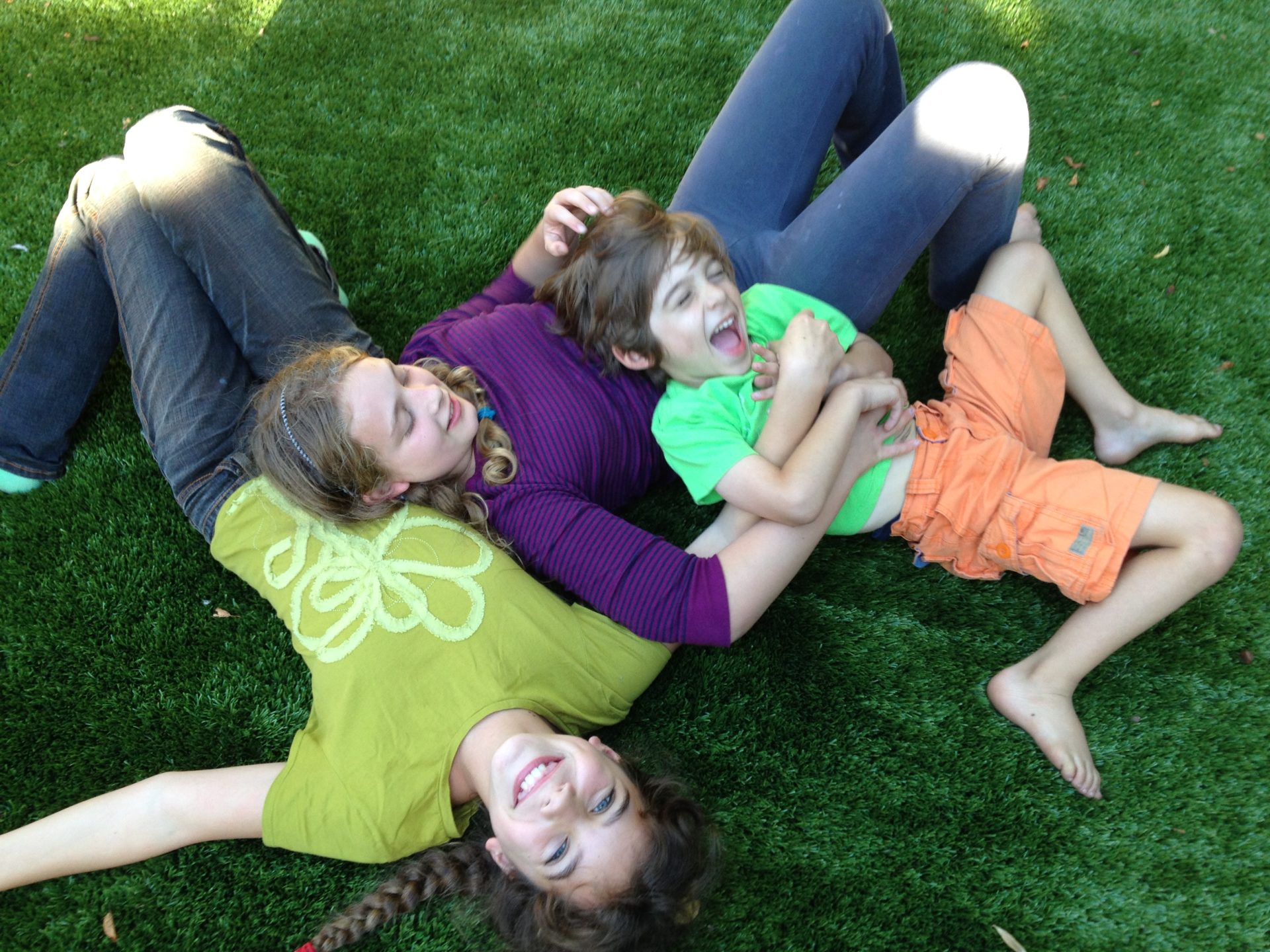OK, that’s it! Time out! And no more screen time for the rest of the week!
Have you tried time outs, punishments, or rewards lately?
The problem with these parenting techniques is that they tend to increase your children’s anger and resentment. Your kids are actually less likely to be compliant and you’re less likely to feel warm and fuzzy towards them. They’re also not sustainable.
So what’s a parent to do?
Recently, I was reading, “The Good News About Bad Behavior: Why kids are less disciplined than ever—and what to do about it” and at one point the author mentions Vickie Hoefle.
Hoefle is a parent educator in Vermont and she’s known for her book, Duct Tape Parenting. Apparently, she’s also known for the strategy “do-nothing-say-nothing-week.”
I have been recommending a version of this technique to parents of teens and preteens for years now, but didn’t have a name for it. It’s a week where you resist the urge to nag, bribe, manipulate, yell, punish, lecture, time-out or reward your children. You’ll also stop reminding them to do things including brushing their teeth or bringing their plate to the sink.
One of Hoefle’s hopes is that we’ll stop these dead-end, knee-jerk parenting behaviors like nagging and punishing. But she also wants to help parents raise more independent children.
When I try this with parents I want us to look at what they’re doing with their child that’s disconnecting and what makes things go better.
If you have older kids you’ll want to have a conversation with them before you start. You’ll let them know that you’re not going to remind them to do the things they need to do, and you’ll try your hardest not to lose it with them. This means biting your tongue when they forget to bring their instrument to school or leave their lunch on the kitchen counter.
So here’s how this challenge works:
- Choose how long you’re going to try it. I recommend five days. But honestly, it’s not easy to do. For me, it’s like trying to stop eating sugar for a week. So if three days seems easier, try that!
- Make a list of your worst case scenarios and specific fears.
- Then make a point of not nagging, bribing, yelling, punishing, or lecturing (or judging your teen) during this “do-nothing-say-nothing” challenge.
- As you go, observe, take notes, journal. Notice where it gets hard. Notice where you feel more connected and closer to your child. Notice if you’re ready to throw in the towel and book a solo vacation somewhere.
- Expect chaos and have someone to call who won’t judge you when you say you want to lock yourself in the bathroom.
I know step five sounds rather ominous, but the results of “do-nothing-say-nothing-week” can actually be quite illuminating. And it puts you on a path to a better relationship with your child–one in which you’re not nagging, complaining, or criticizing, but are actually helping your kids be more independent and more cooperative.
One parent who tried this approach said, “My kids are growing into problem solving, responsible, confident kids because of following Hoefle’s program. And I get to sleep in every morning because they are in charge of themselves 100%.”
I can’t promise you’ll get to sleep in, but I think it’s a step in the right direction. You’ll find out what you’re doing that makes things worse and what helps build connection with your kiddo. The next step is to drop those behaviors (for good) that don’t work– like yelling and punishing. But that’s for another post. If you try this challenge, let me know how it goes!








